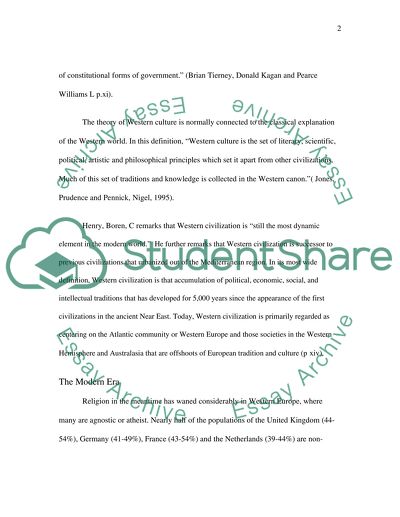Cite this document
(“Western Civilization.The modern era Essay Example | Topics and Well Written Essays - 1250 words”, n.d.)
Western Civilization.The modern era Essay Example | Topics and Well Written Essays - 1250 words. Retrieved from https://studentshare.org/history/1514670-western-civilizationthe-modern-era
Western Civilization.The modern era Essay Example | Topics and Well Written Essays - 1250 words. Retrieved from https://studentshare.org/history/1514670-western-civilizationthe-modern-era
(Western Civilization.The Modern Era Essay Example | Topics and Well Written Essays - 1250 Words)
Western Civilization.The Modern Era Essay Example | Topics and Well Written Essays - 1250 Words. https://studentshare.org/history/1514670-western-civilizationthe-modern-era.
Western Civilization.The Modern Era Essay Example | Topics and Well Written Essays - 1250 Words. https://studentshare.org/history/1514670-western-civilizationthe-modern-era.
“Western Civilization.The Modern Era Essay Example | Topics and Well Written Essays - 1250 Words”, n.d. https://studentshare.org/history/1514670-western-civilizationthe-modern-era.


